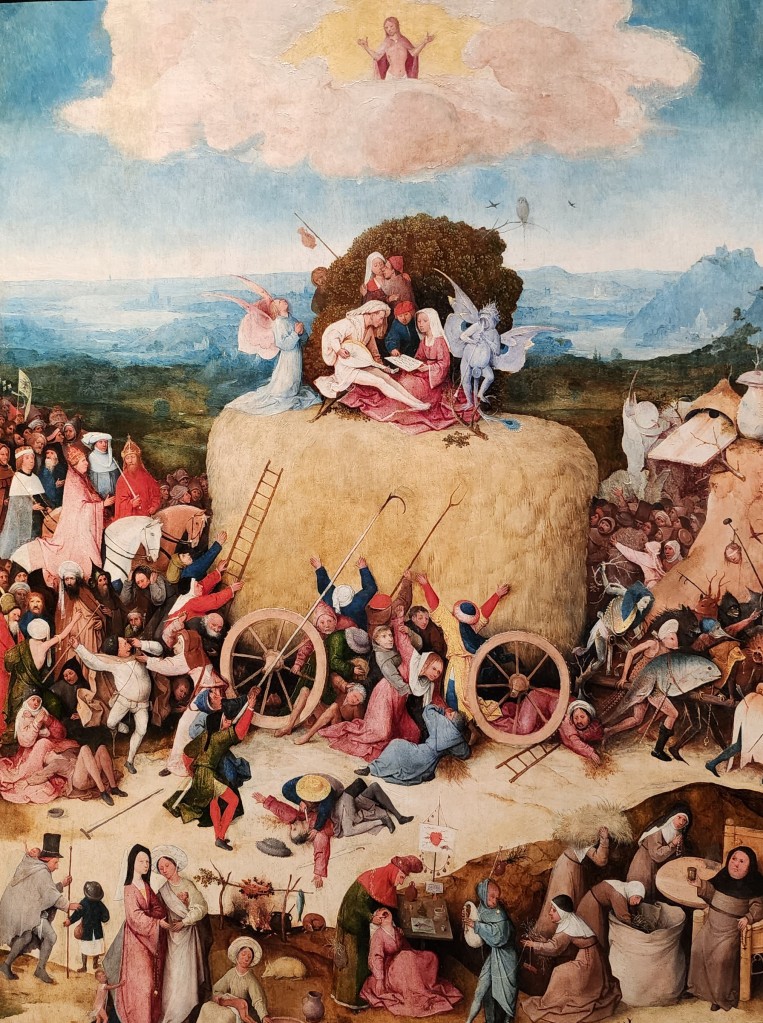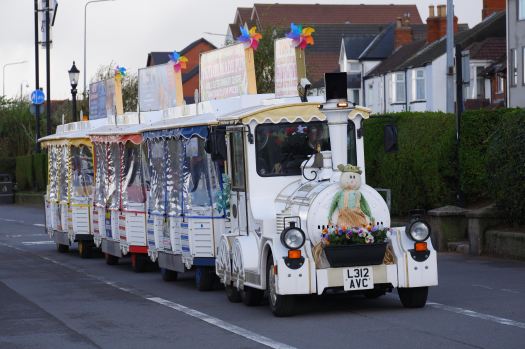
A Hybrid Vehicle that captures Carbon.
I get an unusual selection of newsfeed items and I don’t pretend to understand how they are chosen.
Short videos of planes landing in dangerous cross winds, what Bob Dylan said to Stevie Wonder, Daniel Craig’s new trousers and how the MiG 29 compares with the F16.
Also any article with the word ‘Quantum’ included. Apart from any reference to Quantum of Solace, the Bond movie that no-one remembers.
Nothing much about psychology or mental health and just the occasional medical blunder. I’m surprised to find that Mrs EP gets a completely different set of highlights from mine. Such as: health advice from Surrey Live, Danish home lighting trends and the New York Times word of the day. Which today is ‘insouciant’.
I also get sent a lot of articles that adopt a ‘ten best’ type formula such as 10 Best Wines to have with Breakfast. Have you noticed a gradual move away from the rigours of base 10 recently though?
If we look at ‘The Filter’ in the Guardian for instance we will find there are still just 10 ‘best electric cars to buy if you want to avoid Tesla’, but if we’re looking at shoes there are ‘64 pairs that tick every box’. And for men’s jumpers we need to consider 15 – ‘from cashmere and cable knit to merino wool’.
The high spot for ‘the Filter’ was ‘If you pay more than £4 you are being ripped off…’https://www.theguardian.com/thefilter/2024/oct/20/if-you-pay-more-than-4-youre-being-ripped-off-the-fair-price-for-14-everyday-items-from-cleaning-spray-to-olive-oil
In an ambitious attempt to anchor the values for a vast range of purchases ‘from cleaning spray to olive oil’, the prices suggested looked a bit steep or even ‘I Saw You Coming’.
My lazy stereotype of the authors is that they live in a journalistic bubble of some kind. I suspect they live in ‘that London’ where there is no Lidl nearby.
Should the editor have binned this episode of the ‘Filter’? Or returned it frenziedly stamped with the word MUNDANE? Or just politely pencilled ‘a bit more filtering needed here’ in the margins?
Or maybe not. I realise the ‘ten best’ (your base number may vary) is a really great style if you’re interested in clickbait and I‘ve tried to adopt it, but with limited success so far.
For instance ‘The Two Best Tin Machine Albums Ranked in Order’ doesn’t get many clicks at all.
And my attempt at irony, ‘Marie Antionette’s 10 best cakes if you can’t get sourdough’ was met with deafening silence. The FIlter exists in a post ironic world it seems.
Sadly, most of these articles aren’t written by psychiatrists, escaped or otherwise, but generated by AI and directed towards us by an algorithm.
I’m hesitant to use the A word as it seems to be massively overused, meaning nothing much more than lazy stereotyping of a target readership. And by readership I mean ‘advertising fodder’.
A psychiatrist complaining about stereotyping? Aren’t medical diagnoses themselves basically stereotype categories?
Diagnoses, like those in DSM5, are basically conventions about what we should call certain symptoms and signs and patterns of behaviour. I’m always surprised when people who should know better regard them as concrete entities like ‘Measles’ or ‘Gunshot Wound’.
Having said that, while accepting that diagnoses are stereotypes, they are not lazy, at least not at the time they are put together – a lot of fieldwork and statistical analysis goes into defining and refining them.
They are however ‘sweeping’ stereotypes, in that there is a category for everyone to fit – no-one needs to be left out. Though admittedly most people end up in the categories called ‘other specified’ or ‘unspecified’.
Which is the problem with humans. We’re just too miscellaneous.
Even the former category ‘not otherwise specified’ was too broad. ‘NOS’ is outdated apparently. People will snigger if you say ‘I’m a bit NOS’ nowadays. Maybe it will be restored now that Woke has been abolished.
Whatever, the diagnostic categories psychiatrists use are better in every way than the ‘dangerous and unpredictable’ stereotype of people with mental illnesses, commonly held and passed down through the ages.
For instance, following recent horrendous attacks carried out by scandalously-untreated men with schizophrenia, it’s sad to see that journalists have brought back the word Evil (and worse words) to describe mentally disordered offenders.
Not that there are many journalists left, since they have been replaced by influencers and Fact has been replaced by Opinion. Facts are expensive and boring while opinion is cheap and exciting. The headlines often have no relationship to the text underneath them. That’s disappointing, like when I genuinely tried to find out about the underlying reasoning, explanation and indeed engineering underpinning Craig’s enormous ‘giant pumpkin’ trousers.
A wise person from the generation called Millennial tells me he’s disappointed that AI has turned out all wrong. AI has apparently taken over the writing of poetry, music and art, giving people the freedom to do things machines can’t manage, such as cleaning the oven. Most people were hoping things would turn out differently.
At the moment the main victims of lazy stereotyping are so called Generation Z, people now aged between 13 and 28.
15 years seems an unusually long period to use for defining a cohort. What happens to people at the very top and very bottom of the birthday listings from 1997 to 2012 – do they shade into the millennials above or Gen Alpha below as if on a generation spectrum, or are they qualitatively distinct, like Geminis from Cancerians?
Every day there is an article about Gen Z, but I’m wondering if the whole age cohort concept is lacking in validity and easily falls apart when tested, like my attempts at Lasagne.
Take this sweeping statement about Gen Z for instance:
‘The socially conscious generation prioritizes mental health, sustainability, and racial equity, while shaping consumer habits with a tech-savvy approach’.
https://www.emarketer.com/learningcenter/guides/generation-z-facts/
Yes, but you can find the same broad attributes within the baby boomer generation, at least if you exclude (lazy sterotype coming up) golf club members.
Mental health problems in actuality are far more common in older age groups such as boomers and every grandparent has a smartphone. And only baby boomers know how recycling bins work.
That’s not a stereotype by the way, the guys at the recycling centre told me. Actually they told me that the only thing women were worse than men at doing was sorting the recycling, but that doesn’t fit my argument.
Members of Generation Z are variously described as more likely to be anxious, serious, use less alcohol and more drugs and open savings accounts.
But seriously, all this generation stuff always has been and always will be all about musical genres. The face-valid generational musical types are as follows:
Jazz, Rock and Roll, Electronic and Swift. And possibly, Unspecified, for The Cure.
That’s another lazy stereotype but, unlike The Filter, and probably the MiG 29, it’s accurate.









